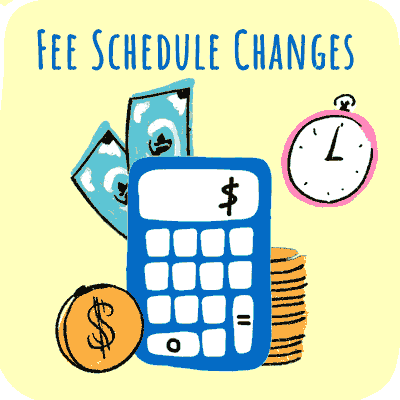Overpaid? Don't Rush to Return Payment to Claims Admin

Mistakes regarding the complex new Status Indicators have left some claims administrators scrambling to recover erroneous payments — even to the point of threatening providers. In these situations, it’s important for all parties to be clear on the rules. California Labor Code only requires the restitution of mistakenly paid reimbursements in limited circumstances.
Trouble With Status Indicators
We’ve discussed the changes to the ASC/Outpatient Fee Schedule before. Specifically, recent blogs and FAQs addressed reimbursement rules for procedure codes assigned the J1 Status Indicator, as well as Comprehensive APC (C-APC) payments.
As we explained, generally only one procedure code with Status Indicator J1 is payable. An exception is when a C-APC payment applies, which allows a higher reimbursement amount for qualifying multiple J1 codes.
Daily, daisyBill examines many Explanations of Review (EOR). Our analyses indicate that some claims administrator’s bill reviews incorrectly pay multiple procedure codes that are assigned a J1 status indicator. Some bill reviews also mistakenly pay the increased C-APC reimbursement, even when the combination of J1 codes do not qualify for the higher payment.
Both of these bill review errors result in significant overpayment to the provider. Both could be avoided with greater fluency in these complex coding matters (or by using daisyBill’s OMFS Calculator to correctly calculate Outpatient and ASC reimbursements). But some claims administrators, realizing the costly error, try to recoup the overpayment from the provider after the fact.
The Rules Regarding Overpayment
For better or worse, courts have ruled against “takebacks” in California workers’ compensation. If the provider chooses to offer a refund after a genuine provider billing mistake, that’s their prerogative.
As it stands, California Labor and California Code of Regulations rarely require providers to return paid funds for medical services to any claims administrator, even in the event of a mistake.
Historically, only two situations have allowed the claims administrator to retroactively collect an incorrect reimbursement. The first case is if the provider signs a separate reimbursement contract wherein the provider agrees to return overpayments within a specified time limit. The second circumstance is if the Workers’ Compensation Appeals Board (WCAB) or a judge issues an order for restitution.
Bottom line: If the claims administrator’s bill review fails to determine the correct payment, the cost of that mistake is the employer or insurer’s to bear. Attempts to bully or intimidate providers to return payments are counterproductive at best, and duplicitous at worst.
If faced with such harassment, we remind providers that the law is on their side.
daisyBill is not a law firm, nor does it offer legal advice. Do not take action in reliance on the contents of this message without conducting your own appropriate legal research or seeking the advice of counsel.
To ensure billing accuracy (especially regarding complicated Status Indicators), providers should use reliable billing software, exactly what daisyBill provides. Schedule a free demonstration today, and see what fast, reliable billing can do for your office.
REQUEST DEMO
DaisyBill provides content as an insightful service to its readers and clients. It does not offer legal advice and cannot guarantee the accuracy or suitability of its content for a particular purpose.





